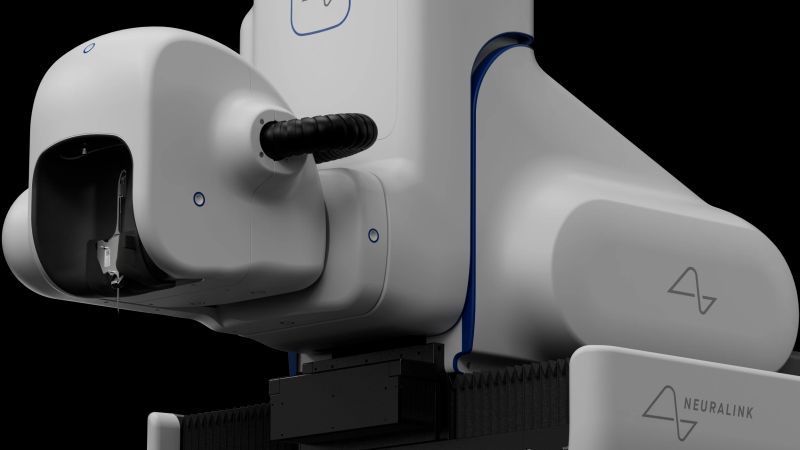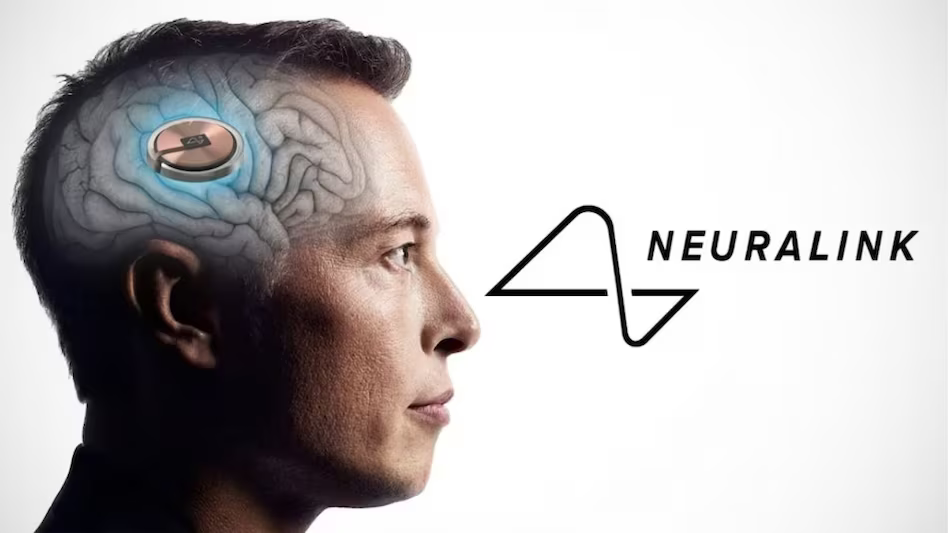Elon Musk and his Neuralink plan to conduct surgeries for the implantation of brain implants in 11 patients next year, sparking both excitement and criticism. Founded by Musk in 2016, the company has set ambitious goals, yet many express concerns about the potential consequences of this technology in the future.
Originally designed to assist individuals with limited capabilities, Neuralink’s brain implants raise doubts and apprehension in society. The expedited approval process for human trials has been a subject of criticism, as the usual procedure involves a more extended period of careful observation after the first successful operation before allowing additional procedures.
The estimated cost of each operation is $10,500, but insurance companies will have to pay significantly more. This raises concerns about the financial aspects of this technology and its accessibility to a broader audience.
However, more crucial are the moral and ethical questions associated with implanting devices into the human brain. Increasing numbers of people express concerns about data privacy and the potential misuse of this technology for control over individuals.
According to Neuralink’s plans, by 2025, the company aims to implant 27 devices, and by 2030, they project conducting 22,204 operations annually. This raises concerns about the scale of the deployment of this technology and its impact on society.
In the future, Neuralink’s brain implants may become an integral part of our lives, but with existing concerns and criticism, careful discussion and regulation are necessary to prevent potential negative consequences for humanity.
The article didn’t provide information about previous experiments or experiences with similar surgeries. However, it’s essential to note that Neuralink has been actively involved in testing and experimenting with brain implant technology. Since its founding in 2016, the company has conducted numerous operations on animals, with surgical robots implanting chips in the brains of 155 animals in 2021 alone. This extensive testing on animals has been part of Neuralink’s efforts to refine and develop their brain implant technology before advancing to human trials.
While animal testing is a standard practice in medical research, the transition to human trials, especially with an expedited approval process, has raised ethical concerns and sparked debates about the potential risks and benefits of such interventions. Critics and skeptics emphasize the need for thorough scrutiny and consideration of the ethical implications before widespread adoption of Neuralink’s brain implant technology in human subjects.




